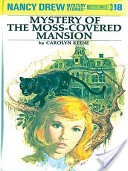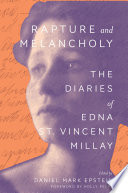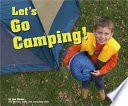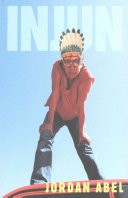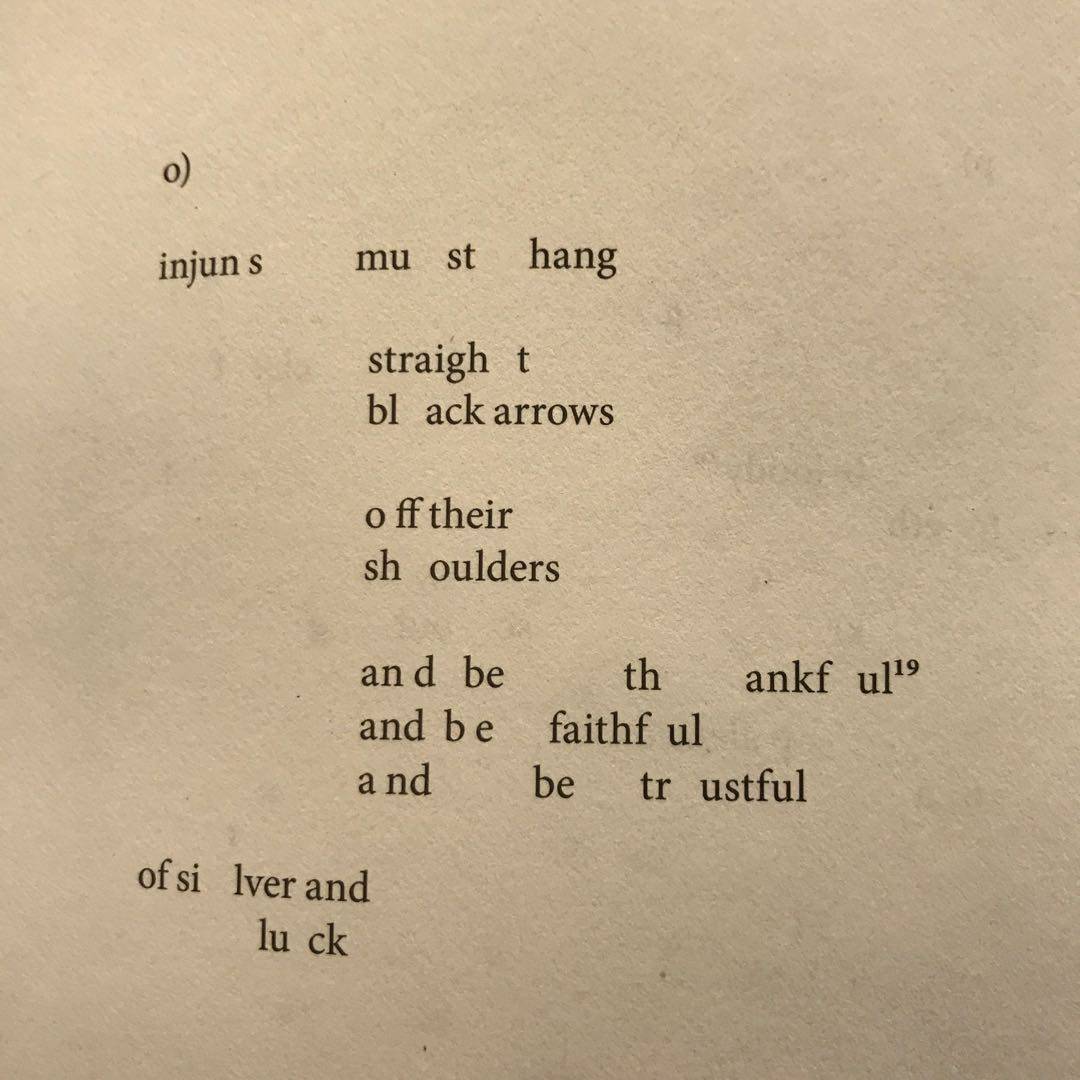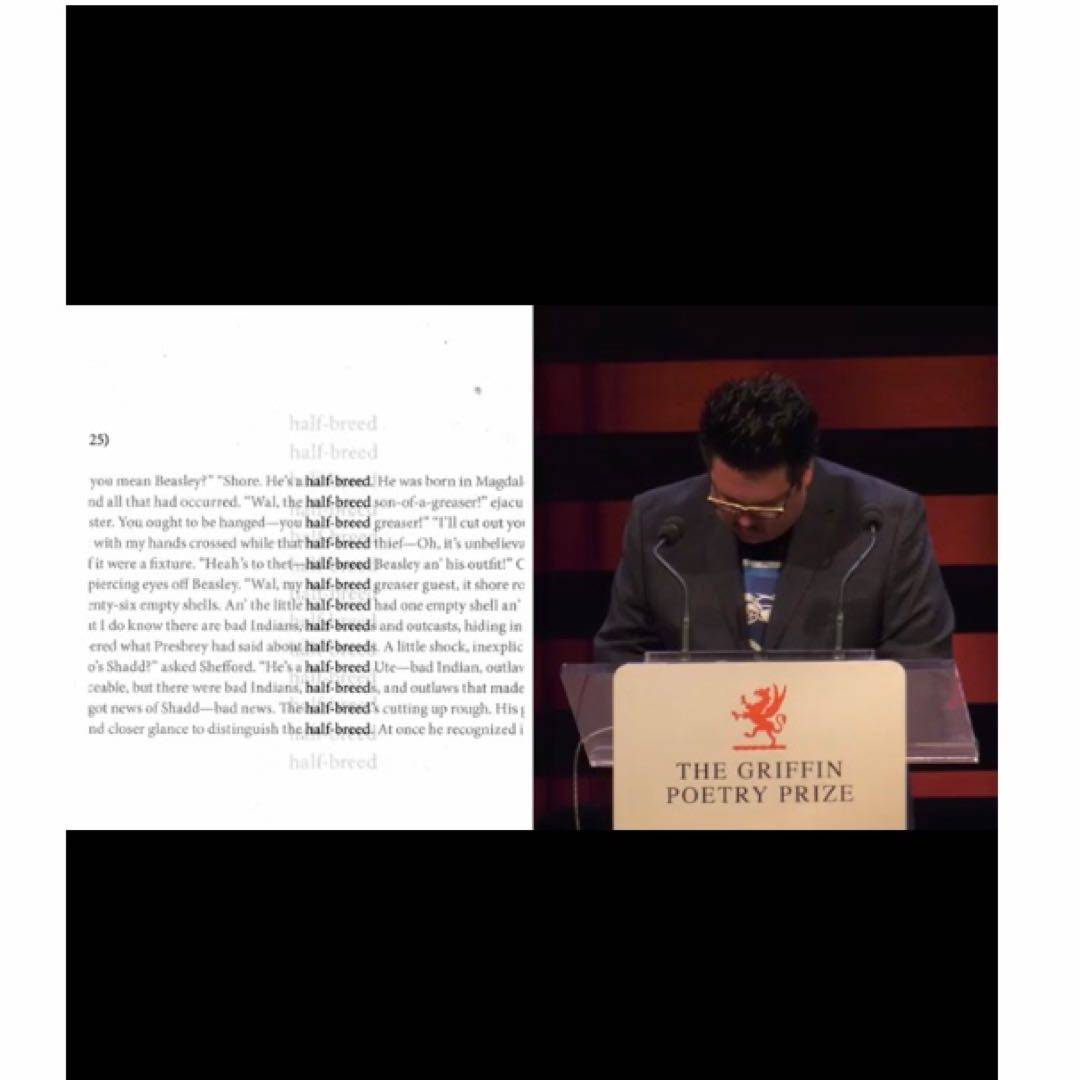
Listening to Jordan Abel read is an ideal way to grasp what he is doing with language in this award-winning poetry book. I had been impressed when I heard him perform his work previously, but on the printed page I was baffled initially. It‘s the supplementary material included, the sentences with the word injun pulled from 91 public domain novels, and then rereading the collage poems several times, that revealed to me their brilliance. #Indigenous







